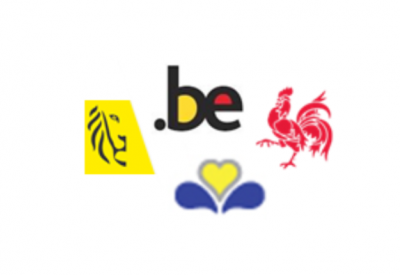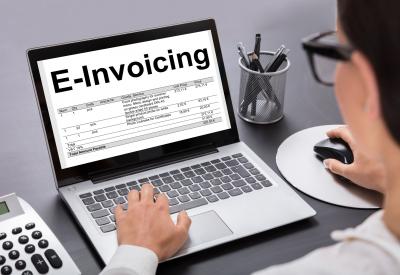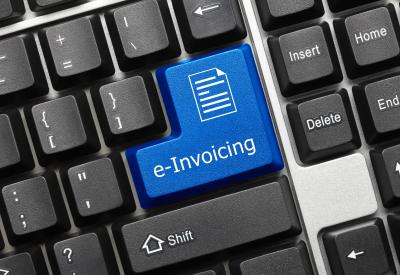Target
EnterprisesTheme
GeneralAre you looking for clear-cut information on e-Invoicing for your company? You’ve come to the right place!
Companies are primarily concerned by electronic invoicing. Indeed, the vast majority of invoices circulating on the market are issued by private companies. They also receive a considerable proportion of them.
Large companies, pioneers in electronic invoicing
Large companies triggered the boom in e-Invoicing almost 40 years ago. At the time, in the 1980s and 1990s, companies began to outsource their more peripheral activities to a large extent in order to focus on their core business. The result? A sharp increase in the volume of invoices and other purchasing documents but, above all, spiralling administrative costs. In this context, automating invoicing offered the promise of significant savings. This gave rise to an entire IT services industry (Electronic Data Interchange or EDI).
Two-tier development
While large companies quickly jumped on the e-Invoicing bandwagon, smaller structures remained behind on the platform. The problem was that solutions developed in a way that was sectoral and fragmented. It was hardly surprising, as the more systems are adapted to user needs, the more efficient the automation is. However, each sector has its own specific characteristics.
When a company works mainly with subcontractors from the same sector, there’s no problem. But for smaller structures, whose purchases are mainly cross-sectoral, it's another story. They have to use different systems and solutions, with costs that are prohibitive compared to the benefits they can expect to reap.
New start
This fragmentation of e-Invoicing solutions as also an obstacle to public authorities. Which is why Europe commissioned the European Committee for Standardisation to define a European cross-sectoral standard: the European Standard for Electronic Invoicing. Moreover, since 18 April 2019, all public authorities in Europe must be able to receive e-Invoices in accordance with this Standard.
Contrary to what one might at first think, these European measures do not only concern public authorities. They also provide the necessary impetus for the electronic invoicing market to develop and cater for cross-sector invoicing. They therefore also concern SMEs and the IT industry.
Large companies involved in cross-sector invoicing, although few in number, will also benefit from this new start. The development of tools adapted to this scenario will allow them to automate these flows under much better conditions without having to finance their entire development...
New challenges
But this is no time to rest on our laurels: these measures are not a cure-all. The IT industry has yet to answer the call. The public authorities must ensure that the expected benefits can be derived from the investments made to comply with the obligation. This means overcoming a series of prejudices stoked by 40 years of industry practice.
The Belgian public authorities and the business community are taking a number of initiatives to pave the way. Find out all about them on this website. It also aims to facilitate the exchange of information, and to ensure that you too can benefit, under the best conditions, from this promising and federating innovation.
The ball is now in your court!












































